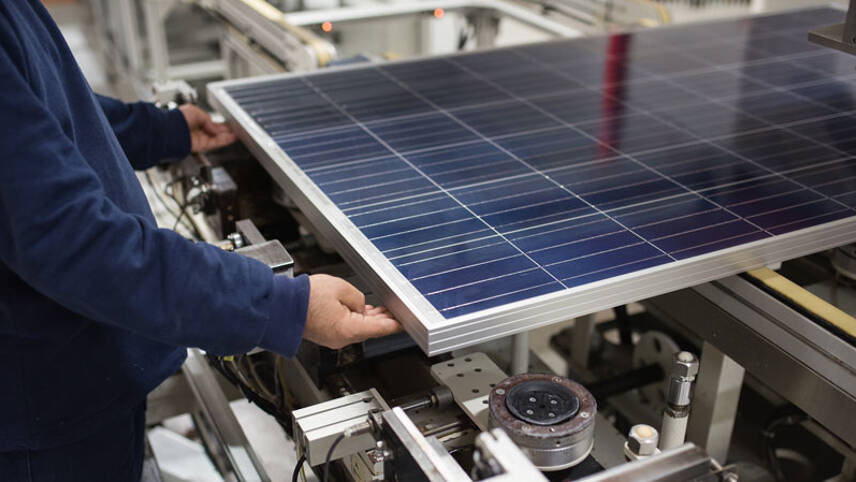Register for free and continue reading
Join our growing army of changemakers and get unlimited access to our premium content

Like many other bodies, the think-tank is concerned that the UK is at risk of falling behind in the global race to benefit economically from the transition to net-zero by mid-century.
International competition is intensifying; markets including the US, EU and Japan have already outlined multi-billion-dollar support packages for key industries including energy efficiency technologies, renewable electricity generation, energy storage and low-carbon transport.
The UK has delayed the unveiling of its rival to packages like the US Inflation Reduction Act until the 2023 Autumn Statement. The consensus is that Britain will not be able to out-spend the US, but should play to its own strengths and seek to crowd in private finance with well-designed public finance schemes.
The IPPR is proposing the creation of a new National Investment Fund. This would be in addition to the existing £1bn Net-Zero Innovation Portfolio and would focus on green manufacturing instead of new innovations.
It would facilitate strategic blended finance investments in manufacturing capacity for things like wind turbines and batteries for electric vehicles (EVs). It would provide equity finance funding – the kind of investment offered to entrepreneurs on the BBC show Dragon’s Den.
Equity finance enables the investor to become a partial owner of the business and share in its future profits. This could help to de-risk investments for private investors, attracting them to projects they otherwise may face practical barriers to investing in.
Finance sources
The IPPR’s proposal is for the Treasury to provide initial funding to the National Investment Fund. This could then be further topped up with taxes recouped from the oil and gas industry. Public finance would then ‘crowd in’ private finance.
Oil and gas extraction in the North Sea is currently subjected to a windfall tax in light of the spike in energy prices observed since mid-2022. They will be taxed at 75% until the winter of 2027-28. The usual tax rate is 40%.
The IPPR is advocating for additional interventions to funnel excess profits from fossil fuel activities into public investments for the net-zero transition. It recommends levies on share dividends and buybacks for high-carbon businesses.
IPPR associate fellow Simone Gasperin said the idea for the Fund is “a policy proposal for our time” and would be “practical” to deliver.
Gasperin said: “The UK needs to finance and coordinate strategic industrial policy projects that will deliver a net-zero transition through economic prosperity and inclusion. The cost of inaction on people’s livelihoods will be too high, while there are huge opportunities to be captured by the government co-investing with private companies.”
The Climate Change Committee (CCC) has stated that an orderly net-zero transition could be delivered with 0.5-1% of GDP. The Net-Zero Review this year concluded that acting would bring net benefits for the long-term, calling the transition “the economic opportunity of our time”.
Governance for the new National Investment Fund is also covered in the IPPR’s report. The think-tank is recommending that the Fund would report annually to Ministers and Parliament on its value for money, covering benefits including job creation, technology development and reduced costs relating to public health and pollution.


Please login or Register to leave a comment.